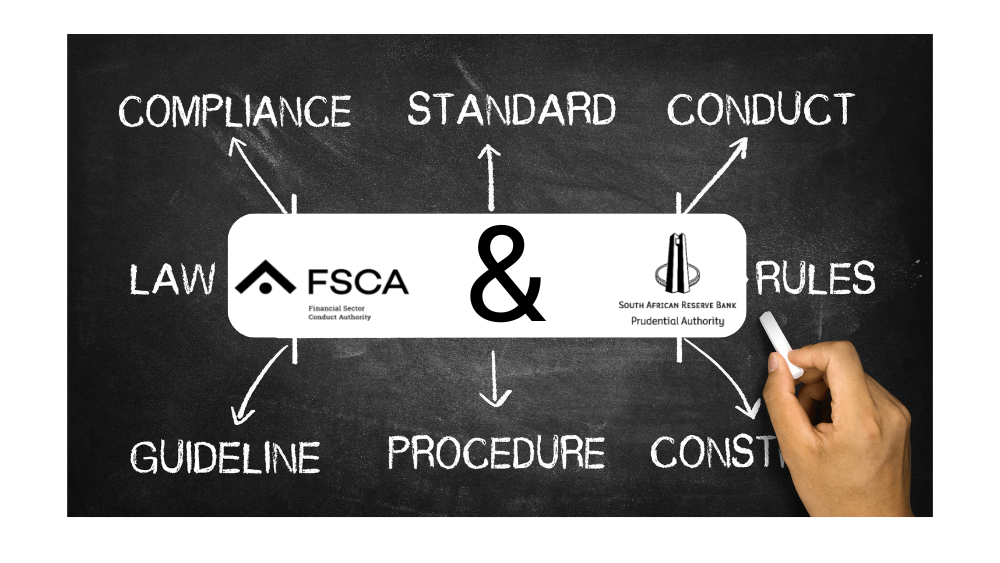
FSCA & SARB Joint Security Standard: Compliance Guide for Businesses
Cyber threats are becoming more sophisticated, forcing financial regulators to strengthen security across the financial sector. One major step in this direction is the Joint Security Standard introduced by the Financial Sector Conduct Authority (FSCA) and the South African Reserve Bank (SARB). This new framework, effective from 1 June 2025, aims to protect financial institutions, businesses, and consumers by enforcing stricter cybersecurity measures.
What is the FSCA & SARB Joint Security Standard?
This standard mandates financial institutions to enhance cybersecurity by focusing on risk management, incident response, data protection, and continuous threat monitoring. It applies to banks, insurers, stock exchanges, and other financial entities under the Joint Standard 1 of 2023: IT Governance and Risk Management for Financial Institutions.
How Will This Impact Businesses?
For financial institutions, compliance is not just about checking a regulatory box—it’s about mitigating real risks. To align with the new standard, businesses must:
Assess Their Current Cybersecurity Posture – Each organisation’s readiness will vary. A thorough assessment is necessary to determine gaps, and the steps required for compliance.
Invest in Security Measures – From advanced threat detection to robust data encryption, financial institutions will need to strengthen their defences.
Develop an Incident Response Plan – Quick action during a breach can prevent widespread damage.
Increase Employee Training – Human error is often the weakest link in cybersecurity, making staff education critical.
Meet Reporting and Compliance Requirements – Regular audits and reports will be needed to demonstrate adherence to the new standard.
The complexity and cost of compliance will depend on each organisation’s current state
According to a financial security expert from the FSI sector, “Establishing the current state requires an assessment to evaluate where the gaps are and provide recommendations accordingly,” they explain. The assessment cost and timeframe vary based on the institution’s size and the extent of necessary changes. Larger enterprises may already have some of the required measures in place, while smaller institutions could require significant upgrades.
What Happens If a Business Fails to Comply?
Regulatory action for non-compliance could be severe. Regulators hold extensive authority under the financial sector laws, which means businesses risk fines, suspension, or even losing their licenses if they fail to meet the new security standards. Beyond the regulatory impact, businesses that do not comply also face increased risks of data breaches, financial losses, and reputational damage.
How Does This Affect Consumers?
For everyday customers, this new standard is a win. Financial institutions will be held to higher security standards, reducing the risks of identity theft and fraud. Consumers can expect:
- Stronger Data Protection – Their financial and personal data will be safeguarded with better security controls.
- Faster Response to Breaches – Institutions must act swiftly in the event of a cyberattack.
- Greater Transparency – Customers will be better informed about how their data is protected.
Why Compliance is a Smart Business Decision
While adhering to the FSCA & SARB Joint Security Standard requires investment, it ultimately benefits businesses. Compliance reduces regulatory penalties, strengthens customer trust, and enhances overall cybersecurity resilience. More importantly, as digital threats evolve, these measures will help financial institutions and consumers navigate the financial landscape safely and confidently.
The question for financial institutions is no longer whether they should enhance their cybersecurity—it’s how quickly they can do it before the June 2025 deadline. Now is the time to assess, plan, and implement the necessary measures to ensure compliance and long-term protection.
Ensure your business is prepared for the FSCA & SARB Joint Security Standard. Contact SevenC Managed IT Services today for expert guidance on compliance assessments, cybersecurity enhancements, and staff training. Stay ahead of regulatory changes and protect your financial data—get in touch with us now!
Recent Comments